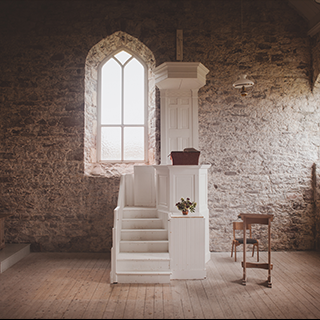
by Janet Denison | Oct 31, 2018 | Blog
I just returned from a two-week trip to Israel. I have so many pictures in my mind as I remember those weeks. It is amazing to stand in the place where David fought Goliath. I climbed the steps to the place where the Herod of the Christmas story wanted his elaborate...

by Janet Denison | Apr 10, 2018 | Blog
The word is “whatever.” Interestingly, that word was labeled one of the top five annoying words in 2016. The meaning of the word depends a lot on the attitude behind the person using it. The Bible uses the word whatever about 173 times, depending on your translation...




